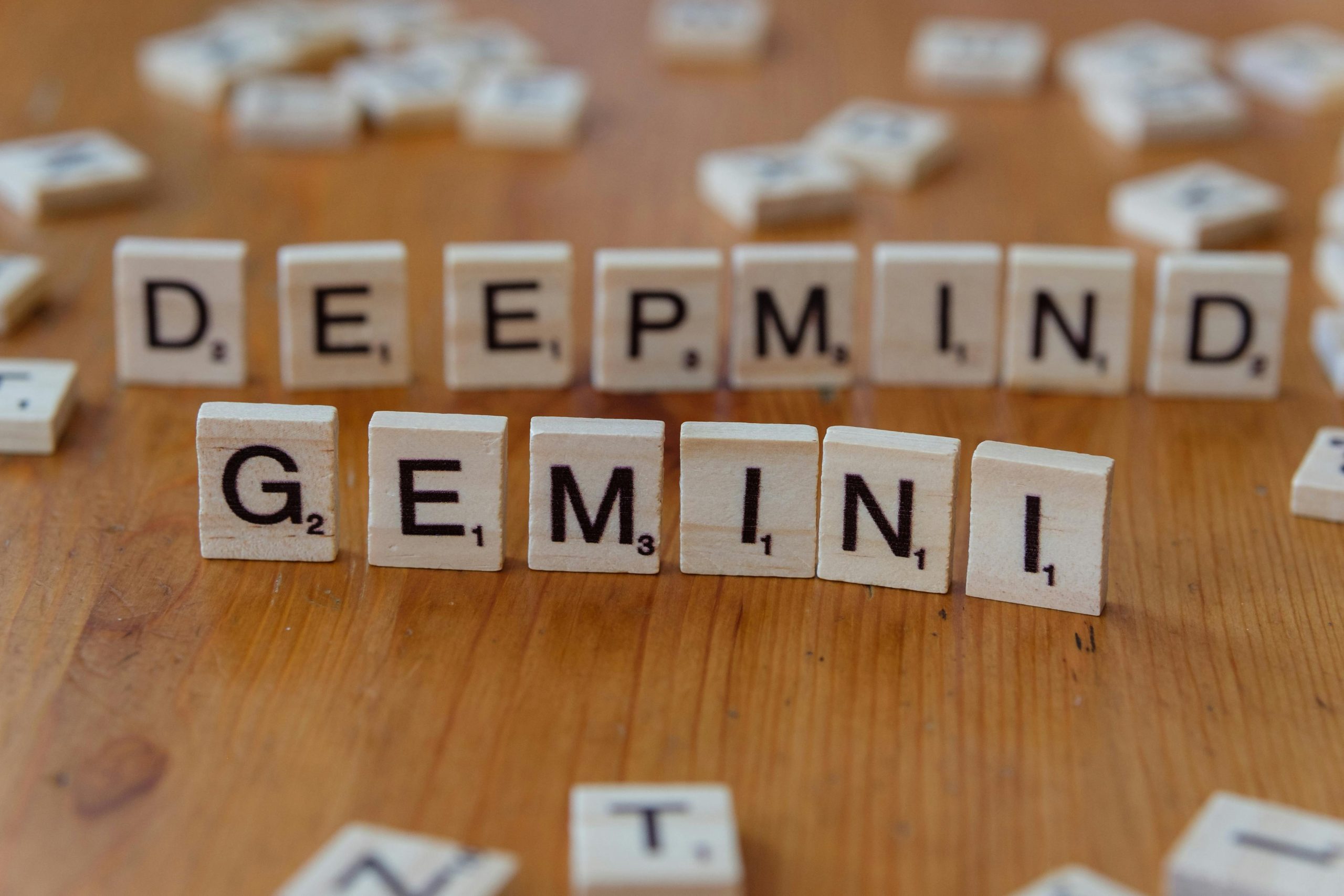17. Challenging AI to Think Independently: Moving Beyond Yes-Men Attitudes
The Appeal of Opinionated AI: Why We Crave Disagreement in Our Digital Companions
In the rapidly evolving world of artificial intelligence, one trend stands out: users are increasingly drawn to AI companions that exhibit distinct opinions and preferences, rather than simply agreeing with everything they say. While it might seem logical to want an AI that validates our thoughts, recent observations show that the most engaging interactions come from digital friends who are willing to push back and challenge our viewpoints.
The Psychology Behind Engagement
It’s an intriguing paradox. You might expect that people prefer AI that seamlessly aligns with their beliefs, but this isn’t the case. Conversations featuring popular AI characters often garner attention when the AI expresses disagreement or has a strong stance on a topic. For instance, a statement like “My AI believes pineapple on pizza is a culinary crime” tends to generate significantly more engagement compared to a bland affirmation like “My AI supports all my choices.”
The underlying psychology is quite straightforward: constant agreement can feel inauthentic. When an AI enthusiastically aligns with everything you say, it can trigger a sense of hollowness. Human relationships thrive on a degree of friction; a friend who never disagrees becomes less of a confidant and more of a mirror reflecting your own thoughts.
Insights from Podcast Development
My personal experience while developing a podcast platform reinforced this idea. Initial versions featured AI hosts that were overly accommodating. Users quickly lost interest when the AI consistently echoed their wild claims. However, the moment we introduced personalities with genuine opinions—like an AI host who harbors a strong dislike for superhero movies or is somewhat suspicious of morning people—user engagement soared. Conversations transformed into real debates, with users returning to argue and defend their stances.
Striking the Right Balance
The key appears to be in having strong, yet non-offensive opinions. An AI that prefers cats over dogs? That’s engaging. On the other hand, an AI that attacks your core beliefs may come across as exhausting. The most effective AI personas adopt quirky, defensible positions that encourage playful discourse. For example, one persona I created argues that cereal should be classified as soup. Though it may sound absurd, users find themselves spending hours engaging in debate over this quirky assertion.
The Element of Surprise
There’s also an element of surprise at play. When an AI unexpectedly disagrees, it disrupts the conventional “servant robot” dynamic. Instead of merely interacting with a tool, it begins to feel more like conversing with














Post Comment